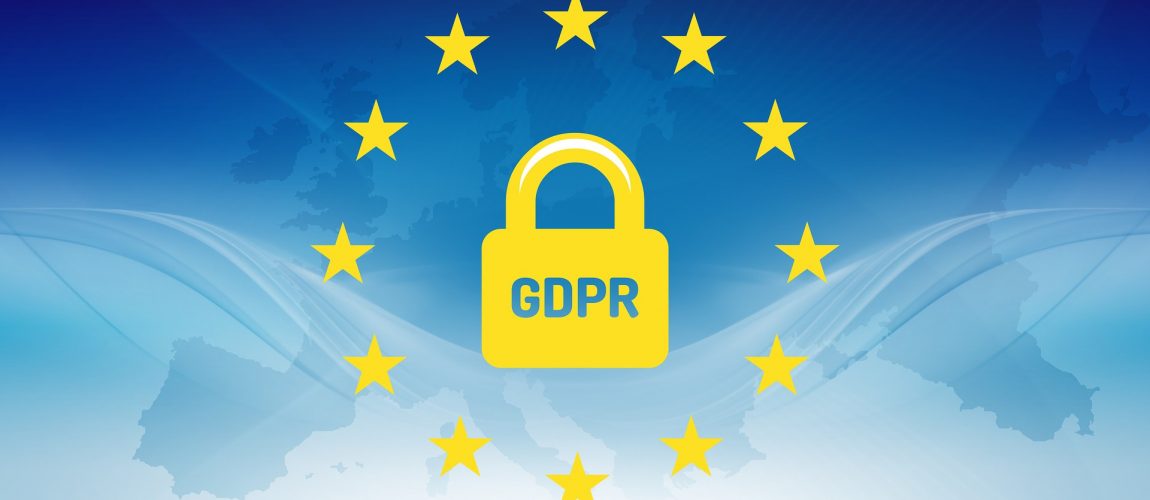
Do we need to strip sensitive data from free-form text or spreadsheets? The question started to be quite a headache as EU introduced the General Data Protection Regulation. The potential fines that can be levied by GDPR are really painful – at their extreme as much as 20 million euros or 4% of global revenue. Can you ignore such a threat?
Two main traps are thinking that A. GDPR addressing can be a “one and done” task; B. GDPR does not affect U.S. firms. Both are dangerously wrong. It is worth reading what FORTUNE magazine says in plain English:
http://fortune.com/2018/05/24/the-gdpr-is-in-effect-should-u-s-companies-be-afraid/
http://fortune.com/2018/08/09/news-sites-blocked-gdpr/.
In short: keep a tight lid on customer data. And don’t believe you’re done. But first you need to know where you keep it and who you share it with. Then you can pseudonymize or anonymize.
What if the sensitive data is dispersed across a legion of laptops? Think of insurance agents, lawyers, medical records and the like. An easy-to-use tool is a must. A solution to find and anonymize data in free-form or tabular documents.
Our answer is Anonymice – an anonymizing assistant module. Using Anonymice makes the tedious and error-prone process much faster and safer.
Medical data sharing is essential for the discovery of new drugs and therapies, but poses serious threats to patients’ privacy. Similar problems arise when judicial information, like court rulings are shared with the public, which becomes a norm in Europe. Sharing clients’ data with experts or translators is a big concern for law firms.
SoftProdukt has a successful experience with anonymization for Administrative Courts in Poland. The case-law portal built by SoftProdukt provides ca. 1.5 million rulings, which have to be anonymized before publishing. Sensitive data, like names, addresses, amounts are hidden. The platform serves thousands of professional and public users every day.
